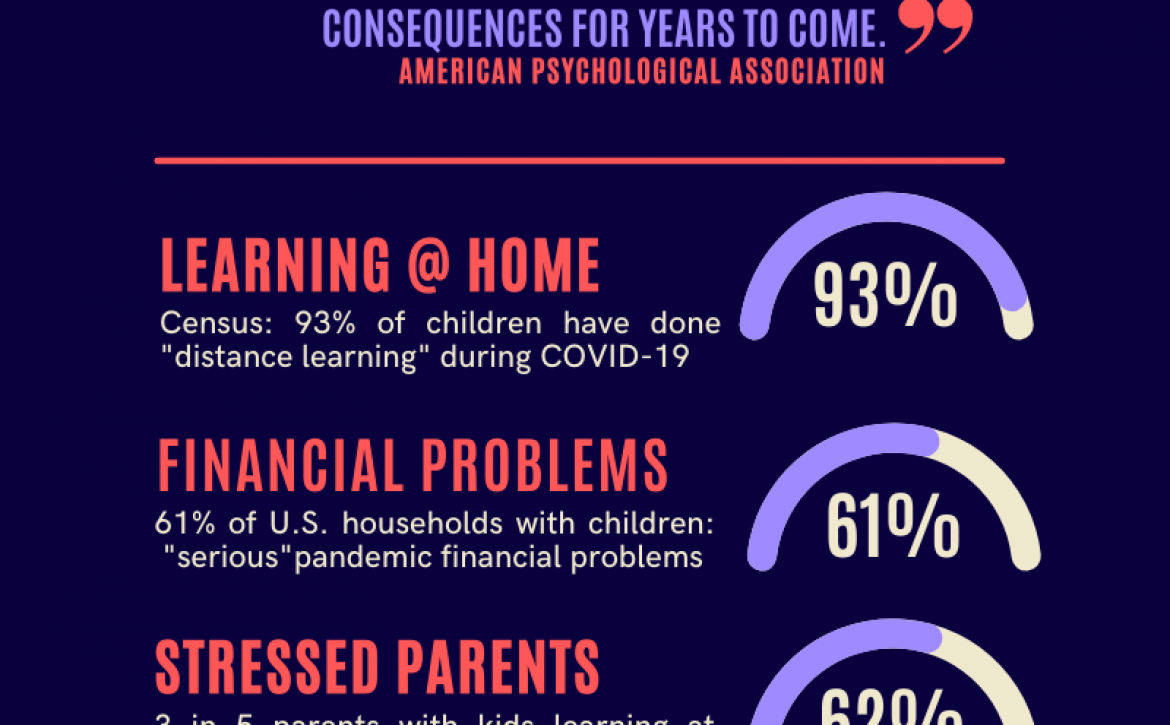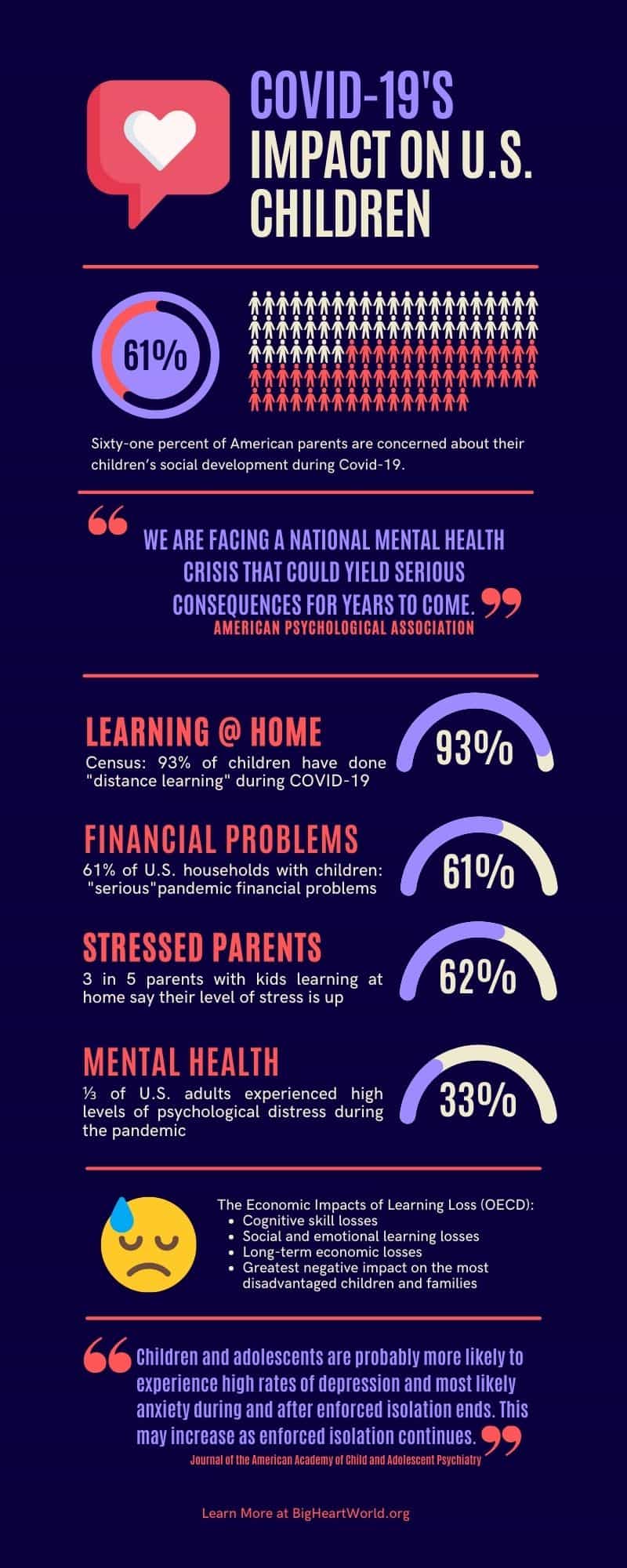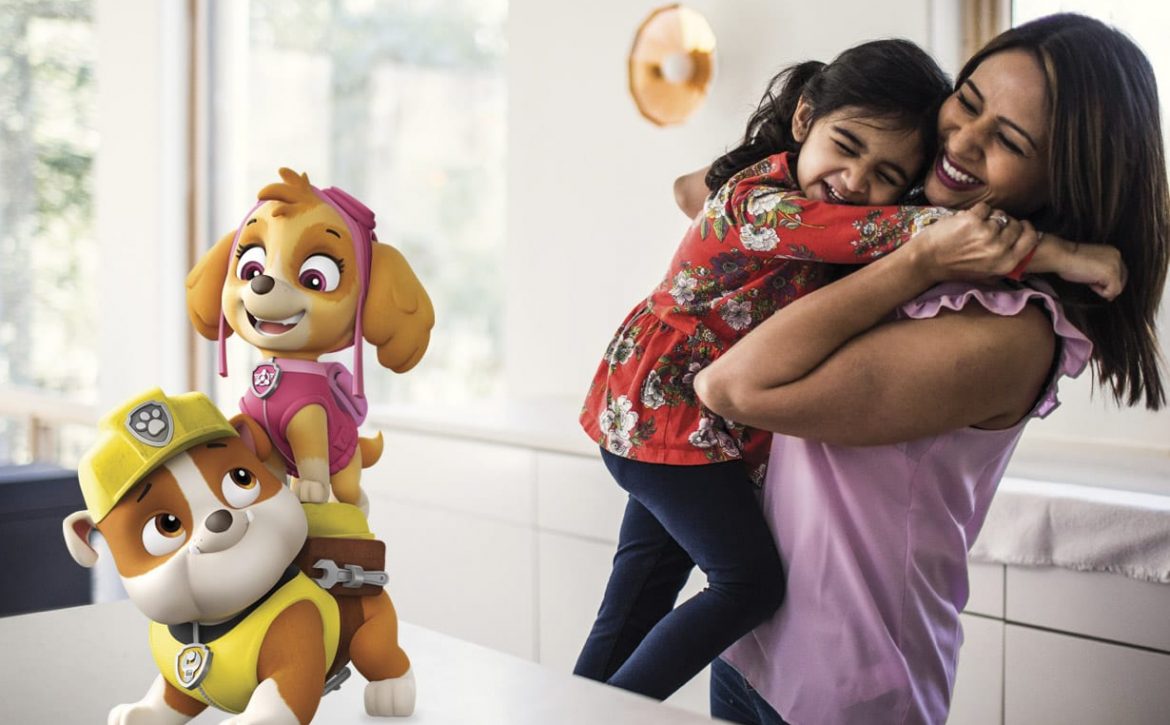How to Help the Kids in Your Life Grow Self-Esteem and Confidence
All parents want their children to feel good about themselves, but what if they don’t?
Don’t worry — not feeling confident at times is normal for many children. There are many strategies that parents can use to help their children understand themselves and build confidence.
As a teacher and a mom, this question about confidence reminds me of the story of a student in my 2s classroom years ago. He was really sad at drop-off most mornings and quiet and withdrawn throughout the day. His mother had explained to me that, while her older son had been totally ready for school at 2 years old, she wasn’t sure that her “baby” could manage it. She had resorted to bribing him each morning with a mini marshmallow so she could leave the classroom without a major meltdown, which left him immobile, on the rug, working hard at containing his two-year-old sadness. I guessed that her uncertainty had affected his confidence in the classroom.
Through trial and error, I discovered that I could coax him out of his shell with puzzles. Every day, I greeted him with a new “tricky” puzzle that he would quickly solve. As his confidence in the classroom grew, so did his ability to say goodbye to Mom with confidence and enjoy his day at school. As it turned out, the key to cheerful mornings for this little guy was linked with self-confidence.
For young children, a strong sense of self contributes to self-esteem and confidence. Children who feel worthy and capable perform better in school, and are more accepting of people who are different from themselves.
Here are three ways you can help to boost your child’s self-confidence.
- Your love and attention builds identity and confidence. YOU are your child’s first and best “identity teacher.” From their earliest moments of life, babies are learning about who they are through their interactions with you and the other grown-ups in their lives. Waves, big smiles, and loving cuddles teach babies that they are valuable, important, and worthy of love. This works for big kids (and grown-ups!) too. Find time to make them feel like they’re the most important person — give them your undivided attention, listen respectfully to their ideas, and sprinkle compliments liberally.
- Let them be great. People develop confidence in their abilities through experience. Help your child find something that they’re great at, and give them many opportunities to succeed. Like my little friend from class years ago, that feeling of, “I can do it!” will ripple into other areas of life.
- Help them feel safe and welcome. Help your child find spaces where he or she can feel a sense of belonging. It may be with your extended family, at a religious or cultural organization, on a sports team or after school club, or simply with other kids on your block. Being with a group who is “just like me” (in some ways, not necessarily in every way) will help validate that part of your child’s identity.







